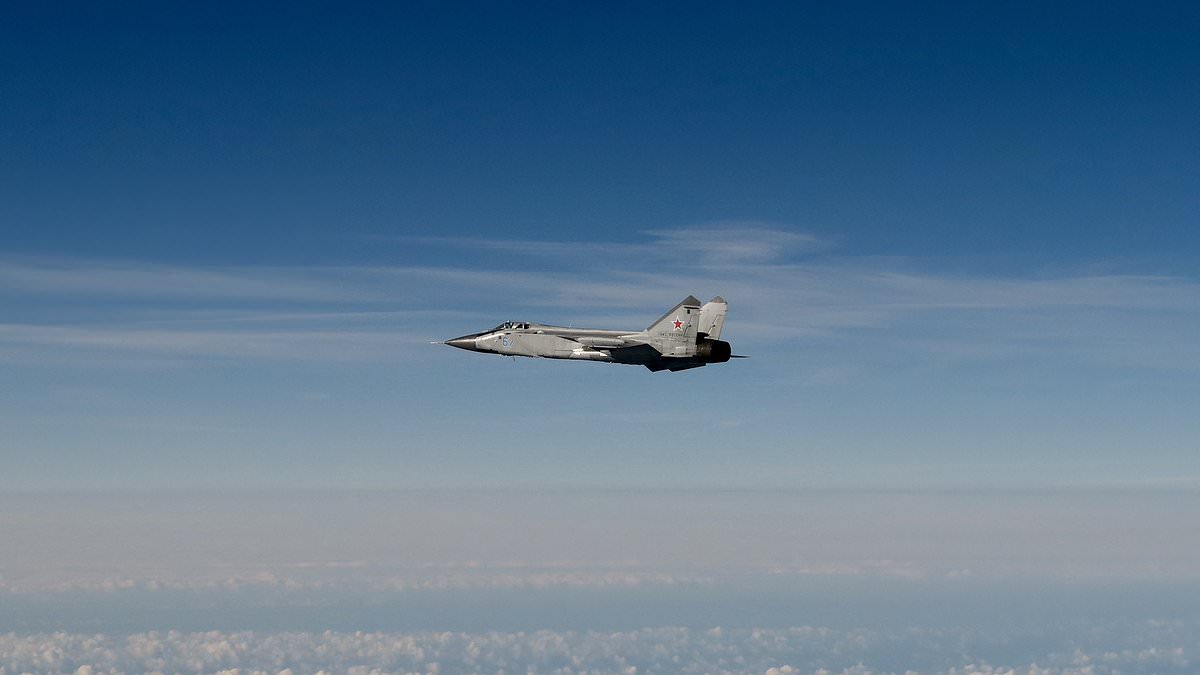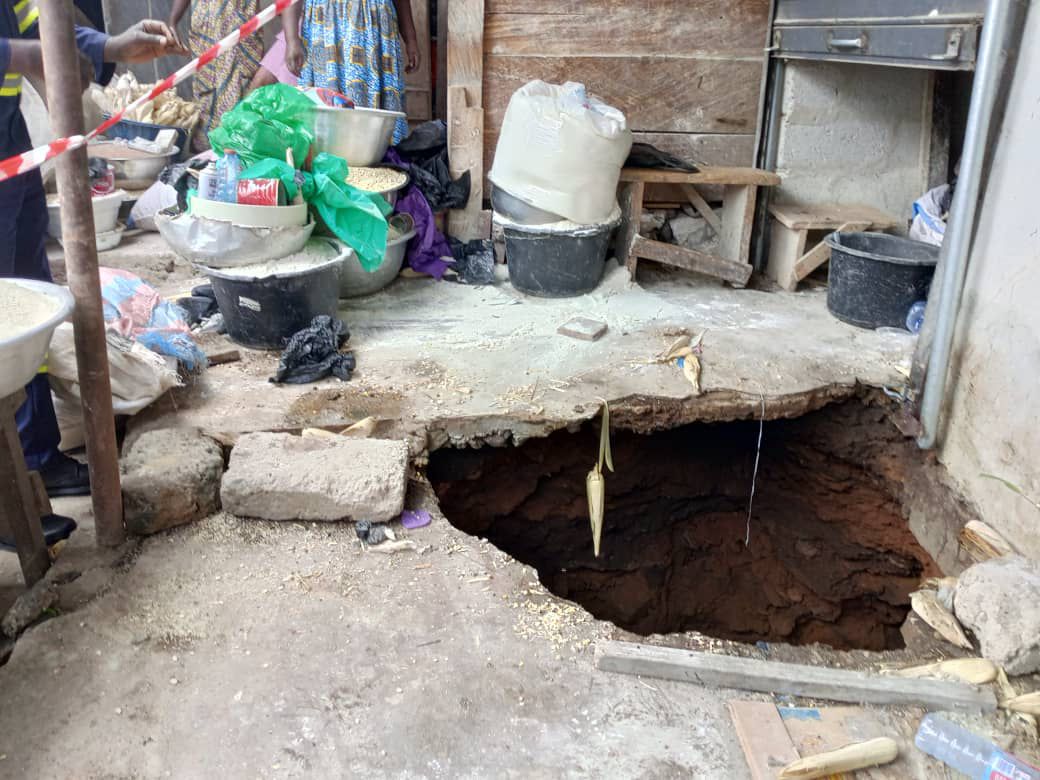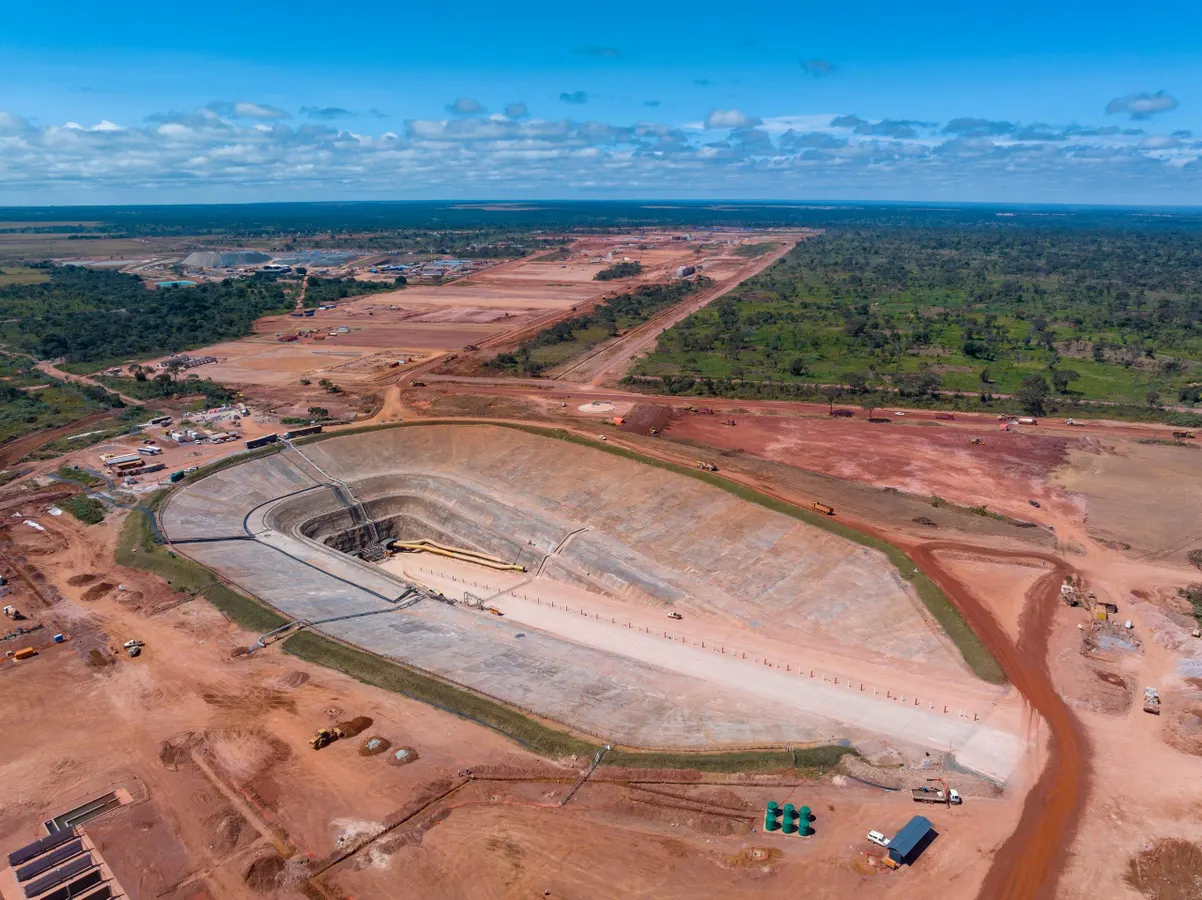Frontline European countries to develop ‘drone wall’ to control Russian attacks after Danish airports buzzed for third night in a row
By Editor,Mark Nicol
Copyright dailymail

Frontline European countries are to develop a ‘drone wall’ to curb Russian incursions after Danish airports were buzzed for a third night.
The Kremlin has instigated a continent-wide offensive, brazenly invading Polish, Estonian, Romanian and Danish airspace in recent weeks.
Drones linked to Russia have loitered menacingly near Danish airports causing severe disruption. This was after its fighter jets invaded Estonia’s skies and drones flew over Poland and Romania.
The drones, linked to the presence of a Russian warship off the Danish coast, spread panic with citizens reporting over 500 possible sightings of Kremlin unmanned platforms yesterday.
Earlier this week, Russian drones buzzing around Danish airports caused 100 flights to be cancelled and left 20,000 passengers stranded.
The aim of the ‘drone wall’ is to produce the first operational cross-border system purpose-built to detect and defeat hostile drones.
Western officials expect there to be no let-up in Russian attacks as the Kremlin seeks to extend its war against the West beyond Ukraine.
The drone wall project is an extension of the already devised Baltic Drone Wall concept which includes Electronic Warfare (EW) and multi-layered sensor systems.
Lasers may also feature in the European drone wall.
EU leaders reached an agreement at a meeting in Helsinki yesterday. Defence Commissioners Andrius Kubilius said a ‘detailed roadmap’ would be laid out.
Defensive drones need to be cost effective so they can be produced in sufficient numbers.
Latvian systems such as Blaze developed as part of the Baltic Drone Wall can track, identify and destroy high-speed aerial targets using AI.
The system has been specifically engineered to counter drones that evade conventional air defence systems originally designed for larger rockets and missiles.
Latvia is considered a ‘drone powerhouse’ and it at the cutting edge of technology with many of its most advanced systems proving effective in defending Ukraine.
Latvia has also worked alongside the UK to develop drones since 2024.
Britain has pledged to provide Ukraine with 100,000 drones by next year while £4 billion was ringfenced for drone development in August’s Strategic Defence Review (SDR).
Despite suffering drone incursions for three successive nights, Denmark confirmed yesterday it will not invoke NATO’s Article 4 – a summons for all members of the alliance to discuss collective defence.
Poland and Estonia each activated Article 4 after incursions so the subject has already been thoroughly debated by members.
The attacks on Denmark were linked to the Russian landing ship Aleksandr Shabalin which was sighted off the coast of Langeland, Denmark on Thursday with its AIS transponder switched off, meaning it could not be tracked.
The ship was previously used by the Kremlin for moving Russian military equipment to its bases in Syria and was tracked through the English Channel by Royal Navy vessels.
Estonia said the incursion into its airspace last week was the fifth time this year Russia has violated its territory.
Czech President Petr Pavel has said NATO should respond to such provocations by shooting down planes.
He said: ‘Unfortunately, this is a balancing act bordering on the edge of conflict. But one simply cannot retreat in the face of evil.’



